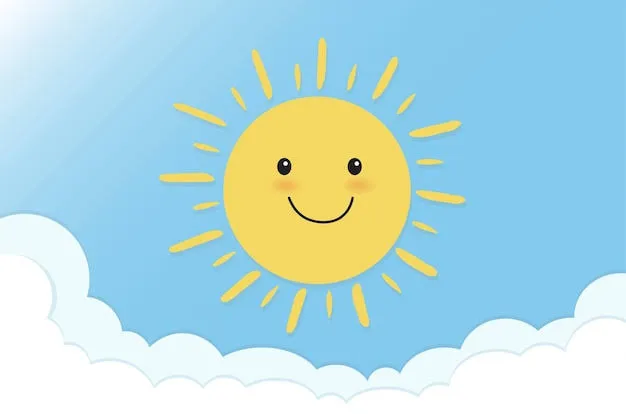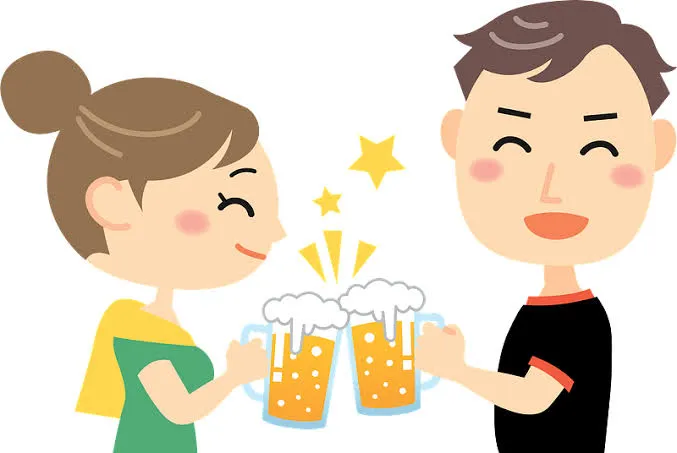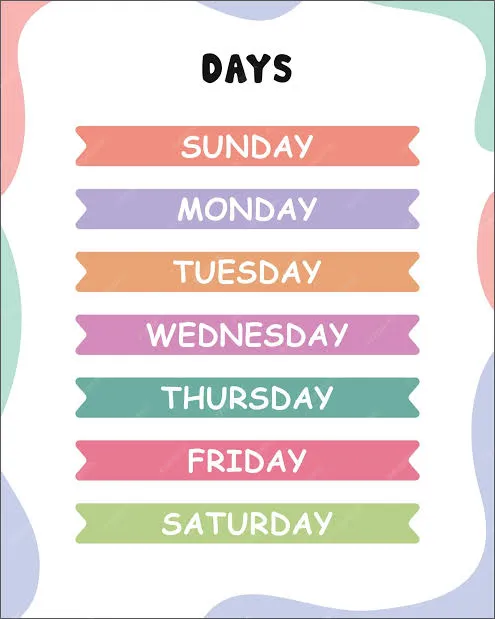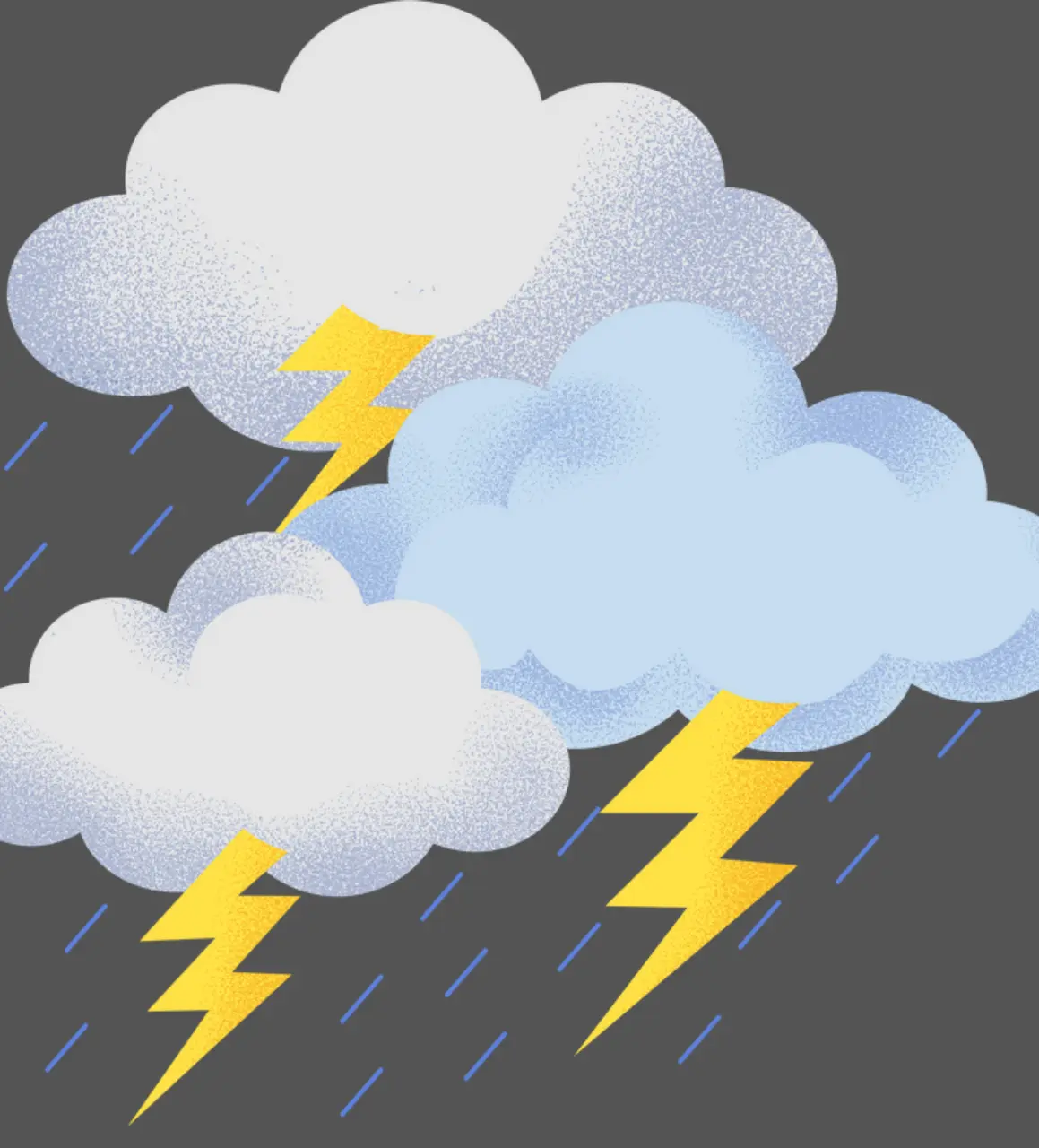
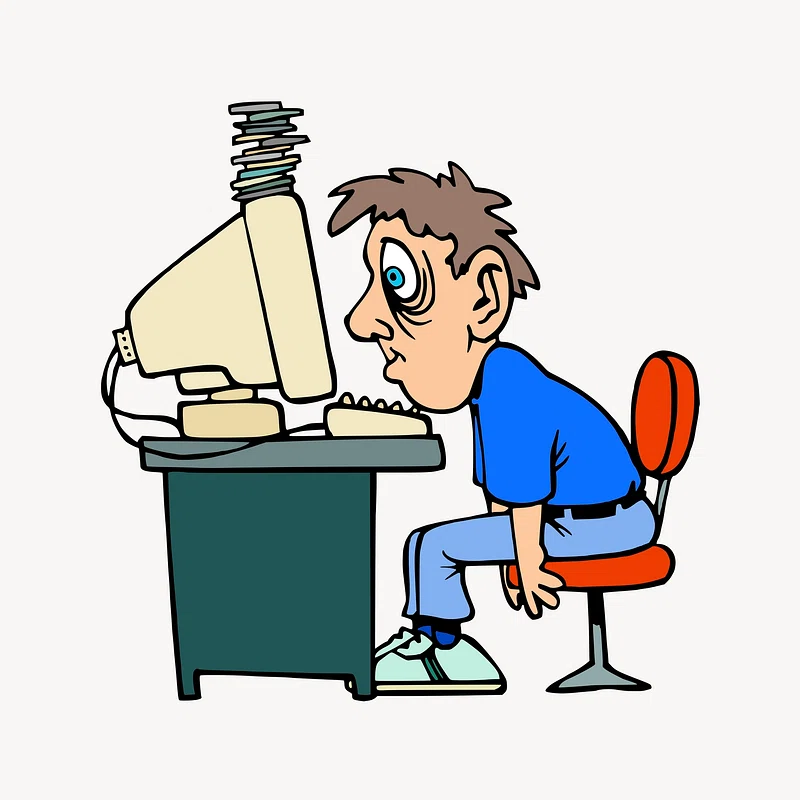
Why do we get hangovers ??
If you are familiar with alcohol usage either through personal experience or through observation you would know what comes after a fun night out is a possible hangover bringing in bouts of headache, dizziness, sensitivity to light/sound and many other experiences.
So what's exactly is a HANGOVER? Let's find out...
Well originally hangover term was in general used to describe something or someone that still remained or was left. It was not until 19th century that it started to be used more commonly with the over consumption of drug or alcohol in general.
If you are wondering why alcohol makes you drunk, here's an article you can look at.
Coming back the hangovers, It's kind of a common aftermath to an alcohol/drug consumption with people waking up with above mentioned symptoms of headache, fatigue, extreme sensitivity to light or sound, muscle aches, nausea/vomiting and so on. It could be a mild discomfort to a severe distress and kind of is considered to be when the effects of drug/alcohol kind of starts to wear of. Its like linking it to withdrawal symptoms of alcohol after a drinking fest. Generally comes after 8-10 hours after the fun but it could vary based on the gender, body, genetics, weight and many other factors.
Now why exactly do they happen, this cannot be exactly pinpointed to a particular reason because it is kind of said to be related body's response to the input of alcohol or drug into the body. So could be caused by any neurochemical to biochemical changes in our body. So let's explore what could be the possible reason for the hangover to happen.
Where's my water? Where's my electrolyte?
One of the primary reasons for hangover symptoms is dehydration. Alcohol is a diuretic, which means it increases urine production. As a result, drinking alcohol leads to a significant loss of fluids and electrolytes, causing dehydration. This can lead to symptoms like dry mouth, headache, and dizziness. Electrolytes are essential for nerve function, muscle contraction, and overall fluid balance. An imbalance can increase symptoms such as muscle cramps and fatigue.
The Irritating Gut!!!
Alcohol increases the production of stomach acid and can irritate the stomach lining. This can lead to symptoms like nausea, vomiting, and abdominal pain. Additionally, alcohol can slow down the digestive process, leading to discomfort.
Sleep No Sleep zzzzzzzzzz
Although alcohol might help you fall asleep faster, it disrupts the quality of sleep. It affects the REM stage of sleep, leading to disturbed sleep and less periods of rest. This lack of quality sleep contributes to feelings of fatigue and grogginess the next day.
What the Congeners!!!
Congeners are chemical byproducts of alcohol fermentation and distillation process. They are found in higher concentrations in darker alcoholic beverages like whiskey and red wine. Congeners can contribute to the severity of hangovers by increasing inflammation and toxicity in the body.
The Wavy Sugar
Alcohol consumption can lead to fluctuations in blood sugar levels. Low blood sugar are said to result in symptoms like irritability, fatigue, and weakness. It also affects energy levels and overall well-being.
Why So Sad Immunity
Excessive alcohol intake can trigger an inflammatory response in the body. This can lead to symptoms like headaches, fatigue, and muscle aches. The immune system’s reaction to alcohol can increase the hangover experience. Also alcohol makes the neuro transmitters like GABA and Glutamate which turns off and on our brain go haywire and it can switch off some important functions. When we drink alcohol, instead of 1 GABA and 1 Glutamate which is normal it becomes more GABA and less Glutamate making us feeling relaxed. However at the end this imbalance further leads to the withdrawal symptoms as well.
Now that we know what could cause a hangover what could one do if one has to completely avoid/manage hangover.
No Alcohol/Drugs
Kind of straight forward isn't it ?? If you stop the cause, you basically stop the reaction happening because of it.
Little Little No Too Much
If the point one seems harsh, one can limit the amount of alcohol one intakes. As everything in moderation can help reduce the possible chances of hangover as well.
Give me H20
Drink water before, during, and after consuming alcohol. Hydrating helps mitigate the dehydrating effects of alcohol and supports overall well-being.
First Food Then Drink
Having a meal before drinking can slow the absorption of alcohol and reduce stomach irritation. Eating snacks while drinking can also help maintain stable blood sugar levels.
Along with the above ones, one can definitely look at getting good amount of sleep before and after the session, choosing what we drink is also essential as more concentrated or congener rich alcohol can cause more trouble. Sometimes there are certain prescriptions which could aid in reducing the effects of hangover as well.Also maintaining a healthy lifestyle in general can keep us fresh and help avoid certain fault scenarios.
Do you know there are certain percentage of population which are totally averse to the effects of the hangover. It could be attributed to the genetics, gender, body and many other factors present.
Well, that's about the hangover from alcohol. Don't let the buzz from being curious go away though, keep drinking the glass of curiosity everyday but always in moderation.
Until next time, let the curious hangover stay with you.
Powered by Froala Editor
